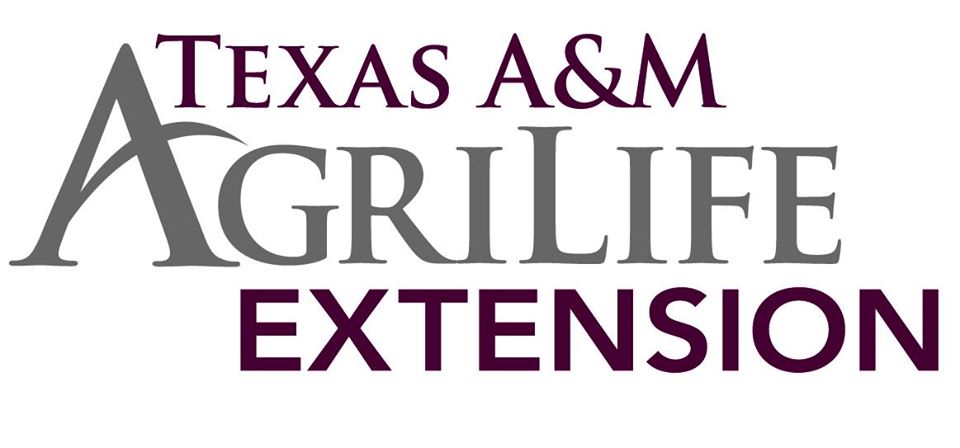By Bob Suson, Hopkins County Master Gardener
The spring was probably the wettest spring vegetable gardening in our memory; the changes that have occurred are beginning to show up. If you experienced less than desirable results, July is time to start to plan on what you want or need to change.
Low spots that hold water areas that is too shady for plants to grow and don’t produce to their potential, these are suggestion areas that could be a problem. The rain will stop sometime in the near future; our lawns’ and trees’ and other plants’ needs will change, keep an eye out for changes that indicate a need for more water and other needs.
October will be the time to do soil tests; that should give you time to amend the soil for peak performance in next spring’s gardening, lawns, trees and other plants you may have that may require different soil amendments.
It may be a time to consider Solarizing: Solarization is a simple method to reduce harmful soil organisms, like weeds, nematodes, insects and soil-borne diseases, which will help your vegetables and flowers grow and produce better. Research has shown that increased vegetable yields gained by solarization are greater than what would be expected from just destroying insect and disease-causing pests. No one is quite sure exactly why this is true, but results consistently show increased yields. There is evidence that nitrogen is more readily available to plants. And, beneficial soil organisms can be favored by solarization.
The process works by simply trapping the heat of the sun under clear plastic to heat-up the upper layer of the soil, where most of your plant’s roots are located. To solarize your garden or flower bed, first prepare the soil. Eliminate all weeds and old garden plants. Next, rototill the soil as deeply as possible to produce a uniform soil texture. If your soil is too dry to easily work, irrigate, wait a few days and then rototill.






